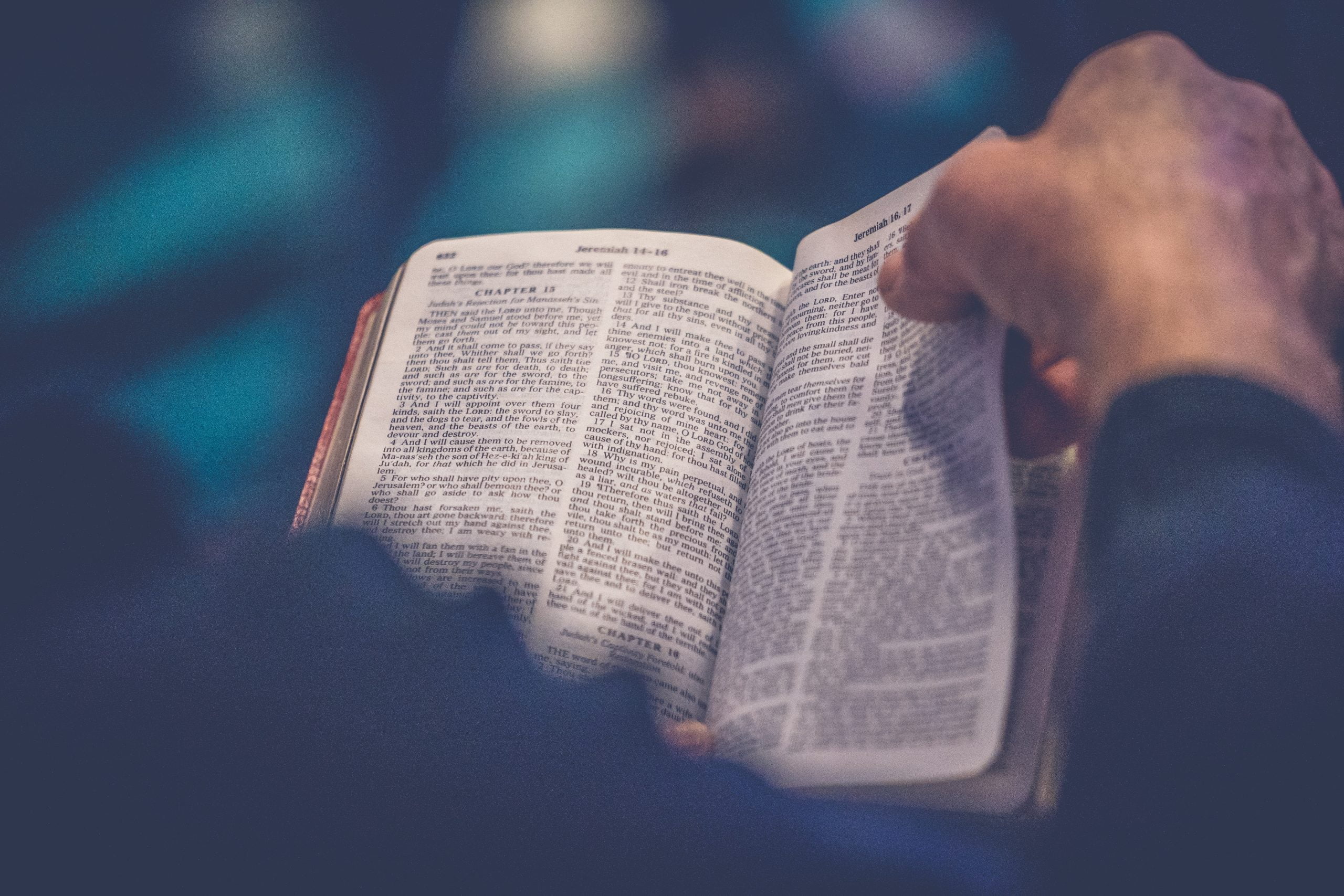It is sometimes said that Anglicanism stands on three legs: Scripture, tradition and reason. This is true to the extent that all three are involved, but untrue if one wishes to give each an equal standing. It is clear in all the foundation statements of the denomination, and in its formularies, that the Bible is our final and ultimate authority, because it is God’s Word. Tradition is accepted and honoured, but only as it agrees with Holy Scripture. Nowhere in our Prayer Book or Articles of Faith is tradition accorded an ultimate authority. On the contrary, Article 19, follows its definition of church with this statement: “As the Church of Jerusalem, Alexandria, and Antioch, have erred; so also the Church of Rome hath erred, not only in their living and manner of Ceremonies, but also in matters of Faith.” This means the Church had gone astray again and again, as it is wont to do. Its traditions must always be tested by the authority of Scripture, and brought into line if there is a discrepancy.
As for reason, it is impossible to understand anything without the use of our minds – to read, question, comprehend, draw conclusions, and apply. In this sense reason is an important tool and authority. But again, it is a mistake to see it as a final authority. Reason must always have a starting point. We begin with facts, and reason leads us to further truths. The facts of our faith are given us in Holy Scripture; there are no truths of Christianity that are independent of the Bible’s teaching.
Of the Bible, Article 6 says, “Holy Scripture containeth all things necessary to salvation: so that whatsoever is not read therein, nor may be proved thereby, is not to be required of any man, that it should be believed as an article of the Faith, or be thought requisite or necessary to salvation. In the name of the holy Scripture we do understand those Canonical Books of the Old and New Testament, of whose authority was never any doubt in the Church.” There follows a list of the books regarded as “canonical”. Kanon meant a reed, such as was used as a yardstick. The word had two meanings when applied to Scripture. Firstly, it means the whole of Scripture is the yardstick by which we measure whether a thing is Christian or not. Second, it is a list of the books that are accepted as scriptural. The important things to note in the above statement are firstly, that the Bible contains everything we need to know to be saved, and second, that nothing else is required.
An even clearer evidence of the position of Anglicanism is given in the collect (prayer) for the Second Sunday in Advent: “Blessed Lord, who hast caused all holy Scriptures to be written for our learning: Grant that we may in such wise hear them, read, mark, learn, and inwardly digest them, that by patience and comfort of thy holy Word, we may embrace and ever hold fast the blessed hope of everlasting life, which thou hast given us in our Saviour Jesus Christ. Amen.” Notice that all the Scriptures are given by God; that is why they are our final authority. We ask God to help us to read, study and learn them, as they will lead us to everlasting life.
